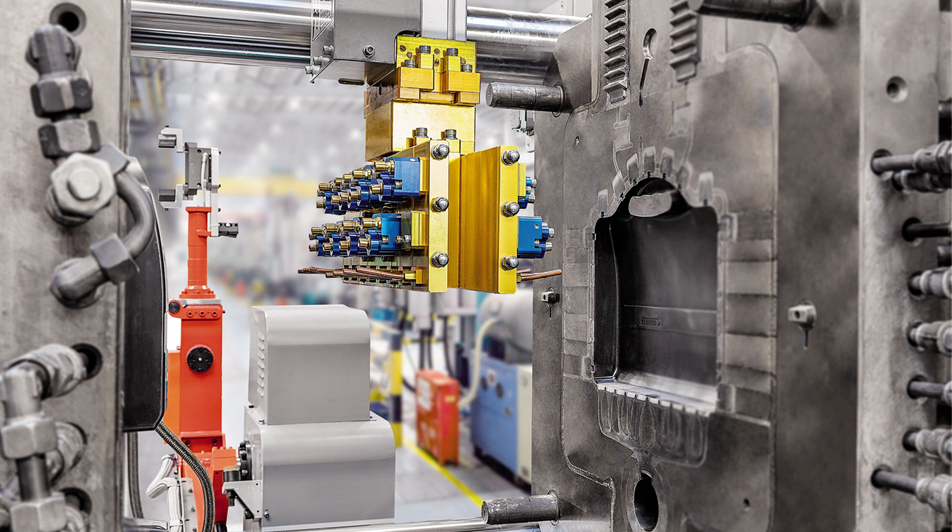Aluminum is a widely used material in various industries due to its lightweight, high strength, and corrosion-resistant properties. However, over time, aluminum products can become tarnished, dull, and prone to corrosion. To overcome these issues, conversion coating aluminum can be used to enhance the durability and corrosion resistance of the material.
Conversion coating is a process that involves treating the surface of aluminum with a chemical solution to create a thin, protective layer on the surface of the metal. This layer acts as a barrier against corrosion, scratches, and other types of damage. The process can be applied to a wide range of aluminum products, including sheets, plates, extrusions, and castings.
The most commonly used conversion coating method for aluminum is the chromate conversion coating process. The process involves immersing the aluminum in a solution containing chromic acid and other chemicals. The acid reacts with the surface of the aluminum, creating a chromate layer that provides a protective barrier against corrosion.
The chromate conversion coating process is widely used in various industries, including aerospace, automotive, and construction. In the aerospace industry, aluminum parts are often coated with chromate to protect against corrosion and wear. The coating is also used to improve the adhesion of paints and other coatings.
Apart from chromate conversion coating, other processes can be used to convert the surface of aluminum, including anodizing, phosphating, and electroless plating. Anodizing involves immersing the aluminum in an electrolytic solution and passing an electric current through the aluminum. This creates a hard, durable layer of aluminum oxide on the surface of the metal. Phosphating involves treating the aluminum surface with a solution containing phosphoric acid and other chemicals. This creates a layer of phosphate on the surface of the aluminum, which improves adhesion of coatings and provides corrosion resistance. Electroless plating involves depositing a layer of metal such as nickel or copper onto the aluminum surface using a chemical reaction.
Conversion coating provides several benefits for aluminum products. It enhances the durability and corrosion resistance of the material, making it more resistant to scratches, wear, and chemical damage. The coating also improves the adhesion of paints and other coatings, allowing for a more uniform coverage and better finish. Additionally, conversion coating can be used to change the appearance of aluminum products, creating a brighter, more reflective surface or a matte, textured surface.

In conclusion, conversion coating aluminum is an effective way to enhance the durability and corrosion resistance of the material. The process involves treating the surface of aluminum with a chemical solution to create a thin, protective layer. The most commonly used method is chromate conversion coating, but other processes such as anodizing, phosphating, and electroless plating can also be used. Conversion coating provides several benefits, including improved adhesion of coatings and changes in appearance. The process is widely used in various industries, including aerospace, automotive, and construction.
-

- Тиксомолдинговые детали из магниевого сплава для корпуса кислородной аспирационной машины
-

- Customized foundry products high precision die-casting parts for e-bike integrated frame
-

- Magensium mountain bike frame
-

- Custom-made die casting parts&comopnents for bicycle suspension fork for MTB
-

- Корпус силового теста из магниевого сплава Thixomolding
-

- Magnesium thixomolding parts laptop housing cover B

 0086-750-5616188
0086-750-5616188 +86 13392089688
+86 13392089688 sales@zhongmei-tech.com
sales@zhongmei-tech.com







